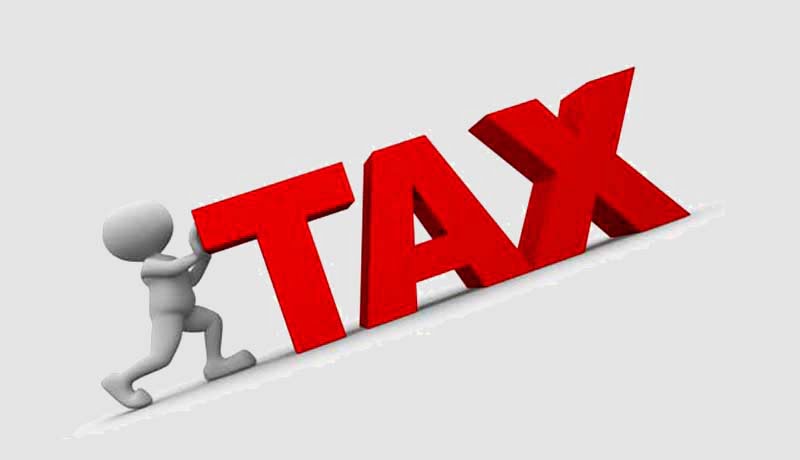Govt. notifies Special Taxation for Offshore Fund Managers [READ NOTIFICATION]

Tax Invoice IGST – Taxscan
Tax Invoice IGST – Taxscan
Section 9A of the Income-tax Act, 1961 (the Act) provides for a regime special taxation with effect from 01.04.2016 to facilitate the location of fund managers of offshore funds in India. Under this regime, the fund management activity carried out through an eligible fund manager in India by an eligible investment fund does not constitute a business connection in India of the fund and also does not lead to the residence of the fund in India.
The Rules for operationalization of the provisions of section 9A of the Act have been inserted in the Income-tax Rules, 1961 (the Rules) vide Notification No. SO 1101(E) dated 15.03.2016. These rules, inter alia, provide for:
- A pre-approval mechanism under which a fund can seek approval at its option from CBDT and once approved, the benefit of section 9A would not be denied unless approval is withdrawn under limited circumstances.
- Determination of the number of members and the participation interest in the fund by looking through the entity where the investment in the fund has been made directly by an institutional entity.
- Relaxation from investor diversification condition in the period of eighteen months or final closing of the fund whichever is earlier, in setting up phase of the fund and in one year period in the winding-up phase of the fund.
- Eligibility of the fund will not be impacted in case of temporary non-fulfillment of investor diversification conditions for a period of up to 90 days.
- Eligibility of the fund will not be impacted in case of any delay in furnishing the statement of activity, if delay does not exceed a period of ninety days.
- A fund shall be said to be controlling or managing a business carried out by any entity, if the fund directly or indirectly holds twenty-six percent of voting right.
- The eligibility of the fund will be impacted only if the remuneration paid or payable by the fund to the fund manager has been determined to be not at arm’s length price for a period of three previous years in succession; or for any three out of the preceding four previous years. A chance transfer pricing adjustment will not impact the eligibility.
Read the Notification No. SO 1101(E) dated 15.03.2016 here.
[googleapps domain="drive" dir="file/d/0B3j3oXdY53gVdDNmM2JNcjE2cUE/preview" query="" width="640" height="480" /]

